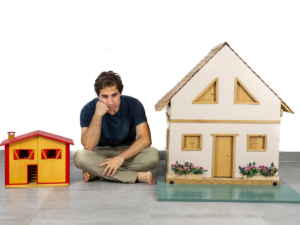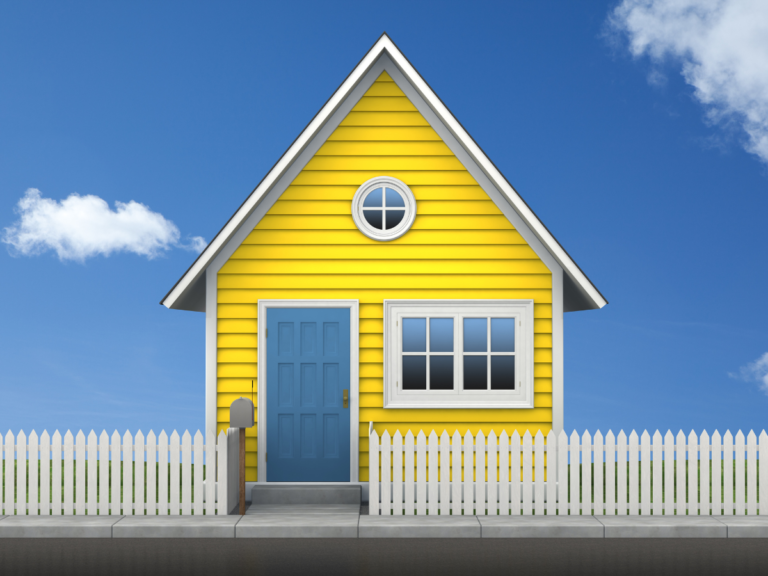The Pros And Cons Of Downsizing
In today’s fast-paced world, the concept of downsizing has gained significant traction. Whether it’s empty nesters looking to simplify their lives, young professionals seeking minimalism, or retirees aiming to declutter, downsizing presents itself as a viable solution. But is it the right choice for everyone? Let’s delve into the pros and cons of downsizing to help you make an informed decision.
Pros of Downsizing
1. Financial Freedom:
One of the most compelling reasons to downsize is the potential for significant cost savings. Smaller homes typically come with lower mortgage payments, reduced property taxes, and decreased utility bills. This financial relief can allow individuals to reallocate funds towards other priorities, such as travel, hobbies, or retirement savings.
2. Simplified Lifestyle:
Downsizing encourages a minimalist approach to living, where individuals prioritize experiences over possessions. With less space to fill, there’s less temptation to accumulate unnecessary belongings. This shift towards simplicity can lead to reduced stress, increased clarity, and a greater sense of freedom.
3. Environmental Benefits:
Choosing a smaller home often means consuming fewer resources and producing less waste. Downsizing promotes sustainability by minimizing energy usage, water consumption, and overall environmental impact. By embracing a smaller footprints, individuals can contribute to a greener future for generations to come.
4. Enhanced Mobility:
Smaller homes are typically easier to maintain and navigate, making them ideal for individuals with mobility issues or those looking to age in place. Downsizing can facilitate a more accessible living environment, allowing individuals to maintain independence and mobility as they grow older.
5. Streamlined Maintenance:
With fewer rooms and less square footage, maintenance tasks become more manageable and less time-consuming. From cleaning to repairs, downsizing reduces the burden of household chores, freeing up time for leisure activities and personal pursuits.
Cons of Downsizing
1. Limited Space:
Perhaps the most obvious downside of downsizing is the reduced living space. While this can be a positive change for some, others may struggle to adjust to the constraints of a smaller home, especially if they have a large family or enjoy entertaining guests regularly.
2. Storage Challenges:
Downsizing often requires individuals to declutter and pare down their belongings. While this can be liberating, it can also pose challenges when it comes to finding adequate storage solutions for essential items. Without proper organization, smaller spaces can quickly become cluttered and chaotic.
3. Emotional Attachments:
Many people develop strong emotional attachments to their homes and belongings. Downsizing may involve parting with cherished possessions or leaving behind a familiar neighborhood, which can trigger feelings of loss, nostalgia, or sadness.
4. Lifestyle Adjustments:
Moving to a smaller home may necessitate adjustments to one’s lifestyle and daily routines. Individuals accustomed to spacious living areas may find it challenging to adapt to a more compact environment, particularly if it requires sacrificing certain comforts or conveniences.
5. Market Uncertainty:
Downsizing often involves selling a larger home and purchasing a smaller one. While this can lead to financial savings, it also exposes individuals to the risks and uncertainties of the real estate market. Fluctuations in property values or unexpected expenses can impact the overall affordability of downsizing.
In Conclusion:
Downsizing is a personal decision that requires careful consideration of individual circumstances, preferences, and priorities. While it offers numerous benefits, including financial savings, simplified living, and environmental sustainability, it also comes with its fair share of challenges, such as limited space, storage constraints, and emotional attachments.
Ultimately, whether downsizing is the right choice for you depends on your willingness to embrace change and adapt to a more minimalist lifestyle. It’s essential to evaluate your needs versus wants and prioritize what truly brings value and fulfillment to your life. Remember, the stuff you think you need may not be as important as you once believed, especially if you don’t use it daily. By embracing downsizing, you can cultivate a more intentional and meaningful way of living that focuses on experiences, relationships, and personal growth.




